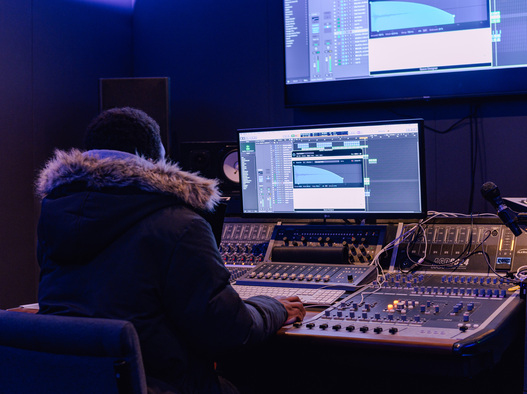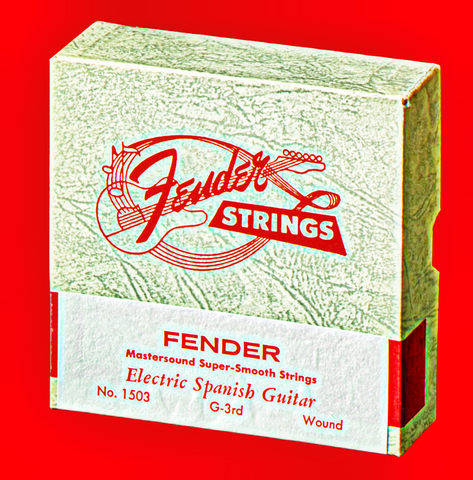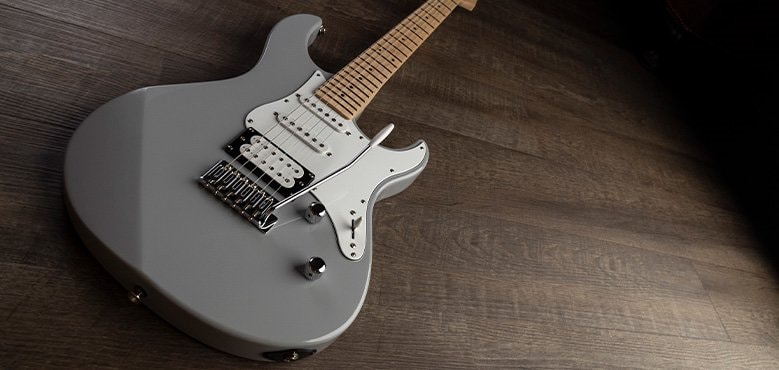Music Production: Your Complete Guide

The music production process is one of myriad different twists, turns and creative opportunities…
With so many resources now available, in the form of software, tutorials and online advice, it can be challenging to work out how to start, stay inspired and complete the production of a track.
Here in our new guide, we break down the process into seven easily identifiable stages. While every piece of music is different and unique to the creator, there are some common stages which need to be worked through for a song to emerge.
Here’s our advice on how to deal with each one:
Get Inspired
Inspiration for the creative process can usually come from anywhere. Perhaps you’ve worked out a guitar melody and you’re looking to build a track from that? Or you’ve heard a snatch of conversation that might work as a lyric?
For some it can be really beneficial to immerse themselves in great music. Listen to some of our greatest producers such as Tony Visconit, Trevor Horn or Mandy Parnell to see how they worked on hit records.
If you’re still feeling overwhelmed by the blank page, then you can help channel any inspiration by working out what kind of project your ideas will be used on. For example, if it is a singer songwriter project you might want to have a song written before you start the recording process. So this means you need to focus on getting the bare bones of a song nailed. If it is for a different project, perhaps a score or instrumental, then it can be helpful to use your software as compositional tools so you can experiment while creating.
Either way is fine – you just need to be ready to embrace inspiration when it hits…
Arrange your music piece by piece
The hard work begins when an initial idea is born. Now you need to begin putting musical flesh on the bones of your idea and start adding to your piece, building it up into a fully fledged song.
Remember that there is no set way of doing this but you need to be prepared to invest some time into working out what sound will work best where. Each decision can impact or lead to another so be prepared to be flexible and let yourself be taken wherever your music goes. You need to be attentive to the detail of your song and remember that any so-called mistake can be an essential part of the journey to your finished product.
Also, keep in mind that if you wrote the initial idea on your guitar, then this doesn’t need to feature in the final arrangement. You can turn this completely on its head by doing whatever you want with whatever sound you think works best. Be brave, be bold and experiment.
The edit
Technology offers plenty of opportunities for today’s music producers but it also creates certain challenges. If you’re using a DAW for your production, then you can continually add infinite amounts of elements and effects to a song – which can work in certain contexts but not others.
The best approach can be to again focus on the main elements of a song, then begin adding texture to fill out any melodies or hooks where appropriate.
One thing that can help is by keeping any vocals in throughout the editing process. If you develop a song around this, then it can really help it come together faster.
Work quickly and stay on target
Staying focused can be tricky, especially when you have so many different pieces of software or tech at your disposal to enhance your music.
In some ways, it can be sensible to impose some limitations on your project to try and funnel your creativity. So this could involve giving yourself a hard deadline or only allowing yourself to use certain pieces of gear or sounds. Sometimes it can be about prioritising tasks so make sure you’re organised, especially if you have multiple projects on the go at once. Nothing is better at making creatives come to decisions than a tight deadline.
Getting the perfect mix
Achieving the perfect mix is a whole different story of music production but there are sensible tips to ensure you give you and your song the best chance of success.
Trying to keep the volume low should let you hear each individual instrument correctly and give you a better perspective on the track as a whole. You should also focus on getting the raw mix right before throwing in layers of effects or reverb. It’s also wise to be kind to your ears – so if you’ve been recording all day, then try and wait until the following day before attempting to nail a final mix. Don’t try to do too much recording without giving yourself a break.
Finishing your songs
With digital recording now so good, it can always be tempting to go back into a track and continuously edit and polish. But sometimes you can go so far into a piece of music that you’re no longer enhancing its qualities. If this is the case, then it’s probably a sign you should call your production work to a halt. Otherwise you’re in danger of losing any of the original vibe and energy. Sometimes, referencing your creation to what’s out there or on a favourite playlist can also be helpful when it comes to calling time on a track.
Final words of wisdom
When it comes to mastering a song, this can often be left in the hands of the professionals. It’s well worth investing in getting this 100 percent right if you want your track to stand up sonically. If you are tight for cash, then Ozone 8 can be an effective service.
While these technical skills will get you a long way, you also need to get out of your studio and do what you can to network and forge connections with like-minded artists, performers and songwriters. Creating these networks can not only provide you with support but potentially open up new opportunities and allow you to expand your skills and expertise. Good luck!
From the blog

Rockstars in Training: The Best Kids’ Electric Guitars for 2024

Redefining Your Riffs: How Electric Guitar Strings Shape Your Sound


